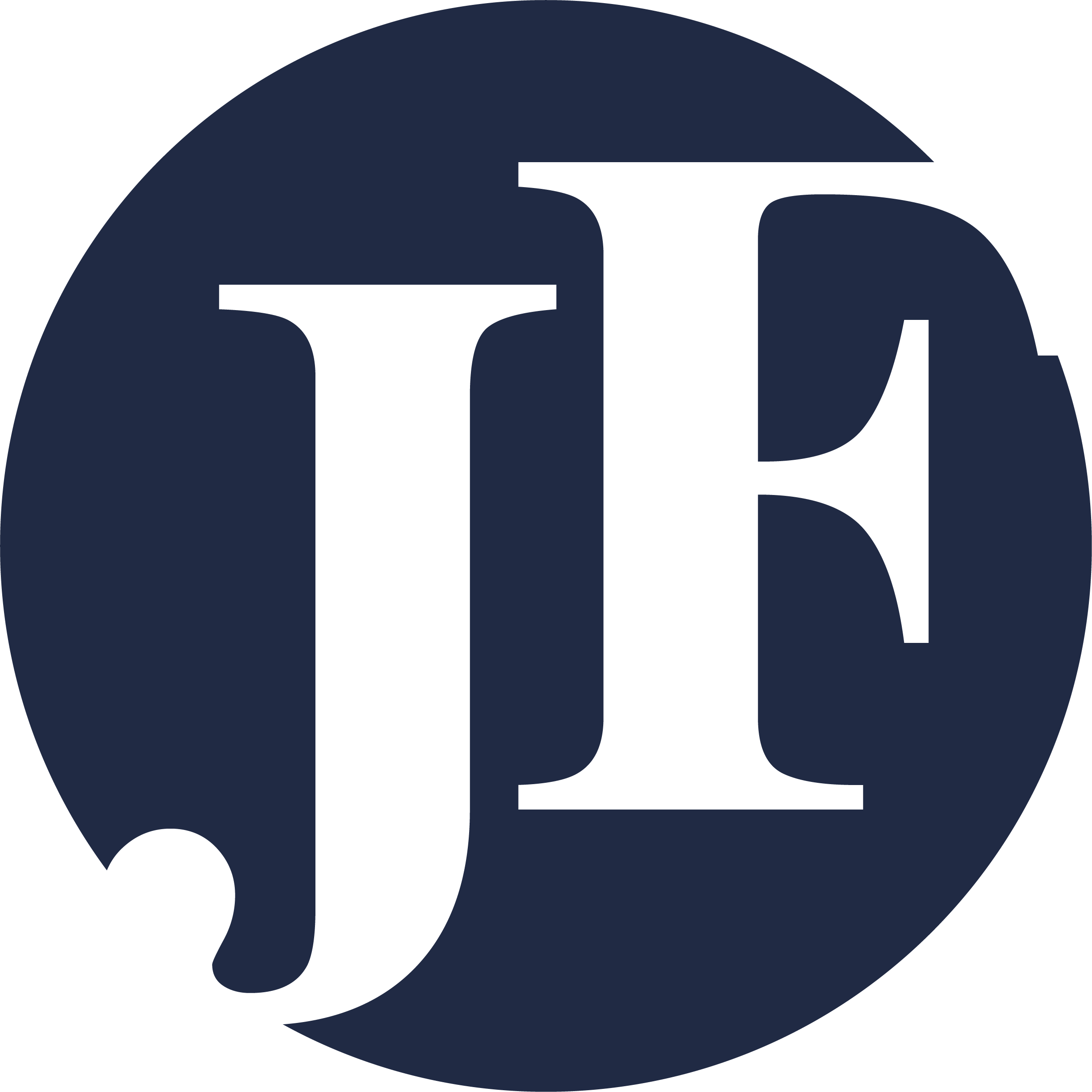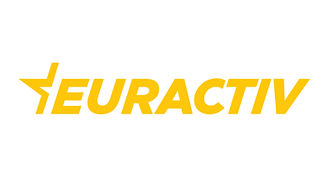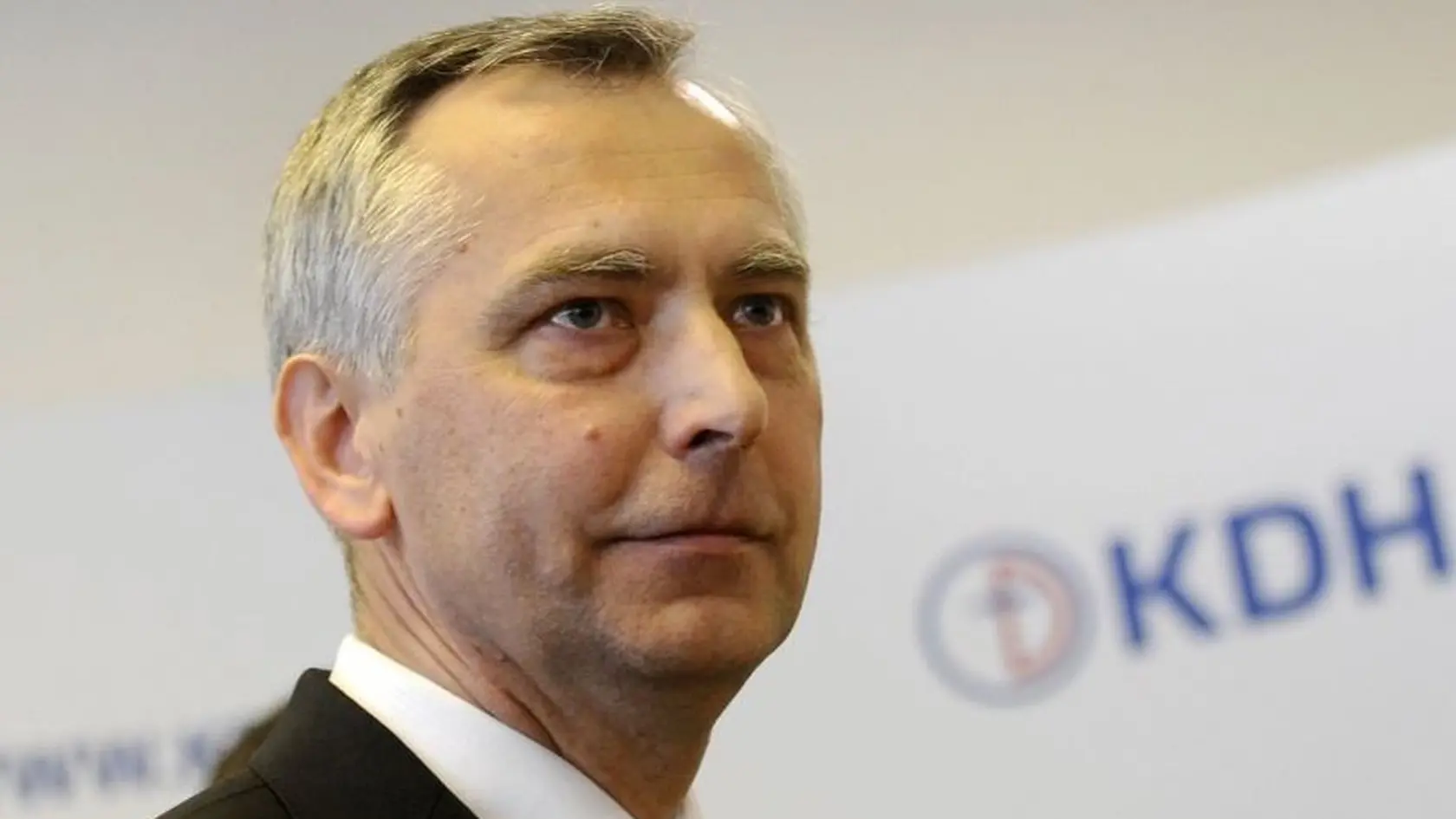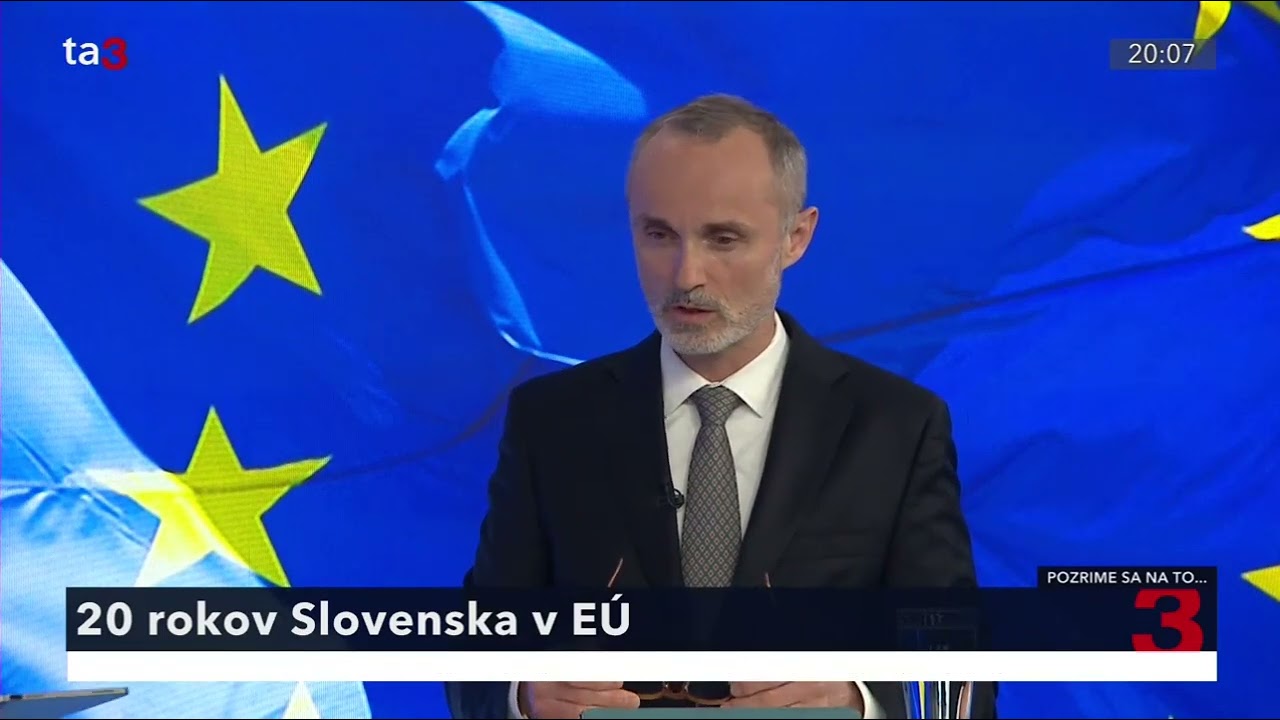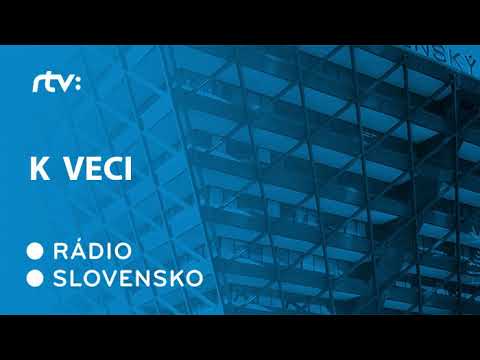Tag: EU
-
Európa je na rázcestí, potrebuje konštruktívne zmeny a správne rozhodnutia
V politike ste už 34 rokov. Má vás ešte na tomto poli čo prekvapiť? Život je plný prekvapení, zvratov, svet je v permanentnom vývoji. Otázka nepriamo potvrdzuje, že ľudia s poznaním a skúsenosťami sú lepšie pripravení na zodpovednosť za veci verejné, na zložitý medzinárodný vývoj. Skúsenosť, dôvera a dobré vzťahy v Európe a vo svete sú zvlášť dôležité pre malé
-
20 rokov po vstupe do EÚ
SLOVENSKÁ REPUBLIKA DVADSAŤ ROKOV PO VSTUPE DO EURÓPSKEJ ÚNIE. REFLEXIA A AKTUÁLNE VÝZVY. Tieto dni uplynulo dvadsať rokov od vstupu Slovenskej republiky do Európskej únie, pätnásť rokov od prijatia spoločnej meny euro v SR a súčasne šesťdesiat rokov od smrti otca myšlienky úspešného povojnového konceptu zjednotenej Európy Roberta Schumana.Udalosti prístupového procesu a formovania členstva SR
-
The future of Europe’s research and innovation programmes on the cusp of a new era
With the EU’s current research and innovation programme, Horizon Europe, ending in 2027, the ground is now being set for its successor: one that needs to match the caliber of Europe’s knowledge base with the creativity and precision needed to drive the bloc’s competitiveness for the next decade, write José Manuel Barroso and Ján Figel.
-
The future of Europe’s research and innovation programmes on the cusp of a new era
With the EU’s current research and innovation programme, Horizon Europe, ending in 2027, the ground is now being set for its successor: one that needs to match the caliber of Europe’s knowledge base with the creativity and precision needed to drive the bloc’s competitiveness for the next decade, write José Manuel Barroso and Ján Figel.
-
Slovenský integračný príbeh je podľa Figeľa dodnes inšpirujúci aj pre mnohých v zahraničí
Ján Figeľ. (Zdroj: FOTO ARCHÍV SME – GABRIEL KUCHTA) BRATISLAVA. Slovenský integračný príbeh bol úspešný, zaujímavý a zostáva inšpirujúcim pre mnohých doma i v zahraničí. Pre TASR to uviedol Ján Figeľ, ktorý bol hlavným vyjednávačom vstupu Slovenska do Európskej únie aj prvým slovenským eurokomisárom. Slovensko si 1. mája pripomína 20 rokov od vstupu do Únie.
-
Ján Figeľ spomína na začiatky vstupu Slovenska do EÚ: Boli to najťažšie roky v mojom politickom živote
Slovenský integračný príbeh bol úspešný, zaujímavý a zostáva inšpirujúcim pre mnohých doma i v zahraničí. Pre TASR to uviedol Ján Figeľ, ktorý bol hlavným vyjednávačom vstupu Slovenska do Európskej únie aj prvým slovenským eurokomisárom. Slovensko si 1. mája pripomína 20 rokov od vstupu do Únie. Figeľ pri tejto príležitosti spomínal na reformy či obavy, ktoré
-
Čaputová odovzdala ďakovné medaily osobnostiam, ktoré sa zaslúžili o vstup do EÚ a NATO
Prezidentka Zuzana Čaputová počas odovzdávania ďakovných medailí v Prezidentskom paláci. (Zdroj: SITA) BRATISLAVA. Prezidentka Zuzana Čaputová odovzdala ďakovné medaily 28 osobnostiam, ktoré sa zaslúžili o vstup Slovenska do EÚ a NATO. Tieto osobnosti sa buď priamo podieľali na prístupovom procese alebo podporovali integračné úsilie SR inými spôsobmi. Informoval o tom hovorca prezidentky Martin Strižinec. Najdôležitejšie rozhodnutie Ako prezidentka vo
-
Je to iná Únia, ako do ktorej sme vstupovali. Je potrebné nájsť zhodu v základných otázkach, zhodli sa hostia v Pozrime sa na to
Od vstupu Slovenska do Európskej únie uplynie v stredu 20 rokov. Kam sa naša republika posunula, a kam sa posunula Únia? V Pozrime sa na to boli hosťami poslanec NR SR a diplomat Tomáš Valášek (PS), poslankyňa Európskeho parlamentu Katarína Roth Neveďalová (Smer-SD), hlavný vyjednávač pre vstup do EÚ a prvý člen Európskej komisie za
-
Prístupové rokovania EÚ s Ukrajinou – Relácia K veci s Jánom Figeľom na Rádio Slovensko
Prístupové rokovania EÚ s Ukrajinou. | Hosť: Ján Figeľ (bývalý slovenský eurokomisár a hlavný vyjednávač pri vstupe SR do EÚ). | Predsedníčka Európskej komisie Ursula von der Leyenová v stredu odporučila lídrom Únie otvorenie prístupových rokovaní s Ukrajinou a Moldavskom. Vzhľadom na výsledky dosiahnuté Ukrajinou a Moldavskom v pokračujúcom reformnom úsilí EK odporučila, aby Rada
-
